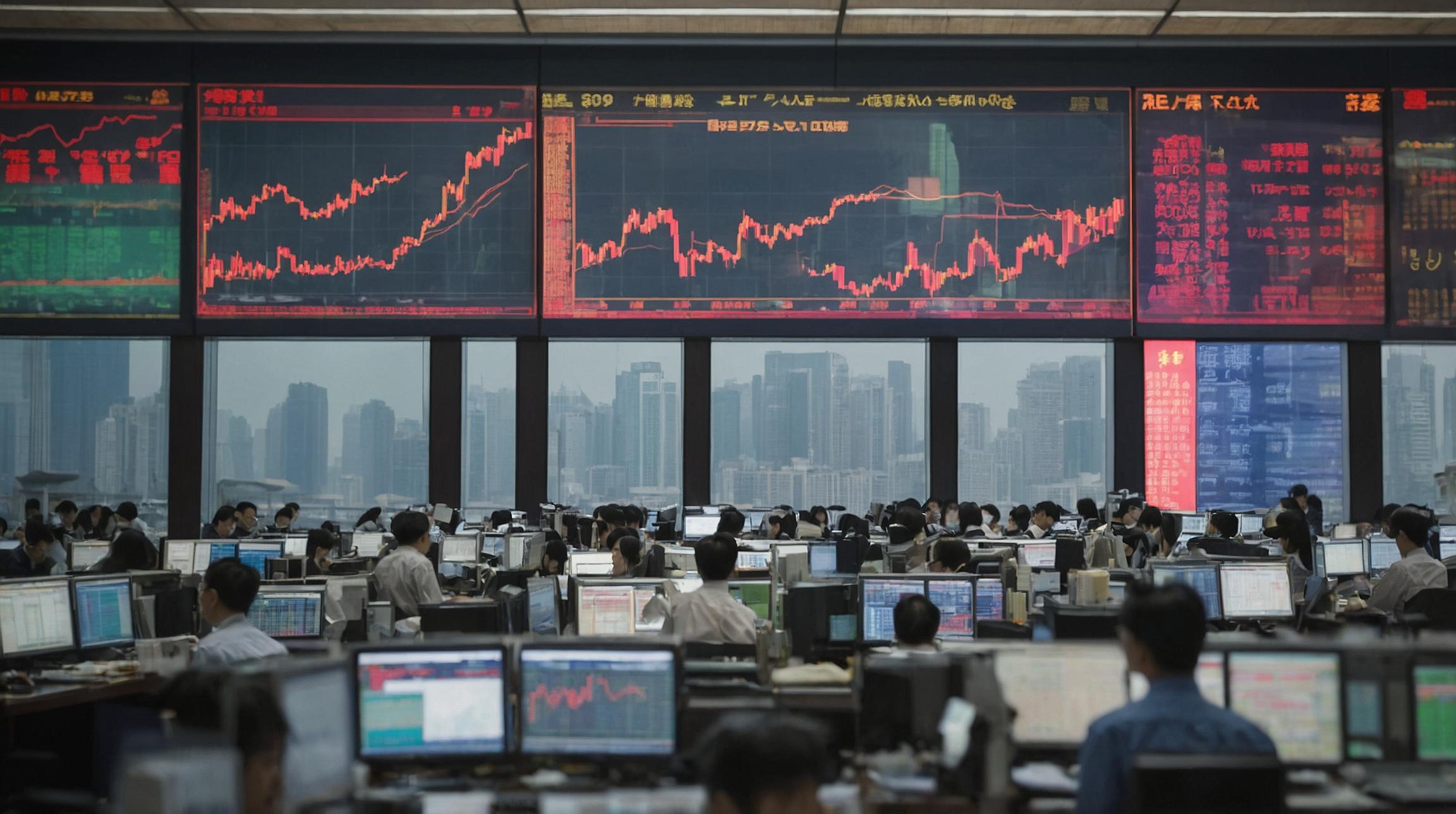“`html
Revolutionizing Food Safety: How **Technology Enhances Quality Management**
The **food industry** is undergoing a monumental shift, driven by the adoption of advanced technologies to improve **food safety** and **quality management**. With the stakes higher than ever, businesses within the sector are rapidly turning to digital solutions to ensure the integrity of their products and streamline their operations.
In an era where traditional methods of auditing, inspection, and compliance tracking are becoming obsolete, **blockchain technology**, **IoT** (Internet of Things), **artificial intelligence (AI)**, and **machine learning** are emerging as game changers. These technologies offer unprecedented efficiency, accuracy, and transparency, providing real-time data that spans across enterprises.
**Blockchain**, in particular, is making significant strides in **food traceability**, offering the ability to track food back to its source. This not only helps in preventing food fraud but also in increasing food safety by offering real-time visibility into every step of a product’s journey through the supply chain. By incorporating blockchain, food brands gain the ability to quickly identify and address potential contamination or mishandling issues.
Similarly, the **Internet of Things** is revolutionizing how food safety and quality parameters are monitored. IoT devices enable continuous monitoring of critical conditions such as temperature, humidity, and vibration, facilitating immediate action to prevent safety breaches and quality degradation. The integration of IoT in the food sector underscores the industry’s commitment to upholding the highest safety and quality standards.
Moreover, **artificial intelligence** and **machine learning** are being leveraged for predictive maintenance, quality control, and optimization of yields, offering key insights that drive informed decision-making. Through the use of advanced algorithms, these technologies can predict potential food safety risks, allowing for preemptive measures to ensure product integrity.
The shift toward comprehensive **digital quality management solutions** is enabling food brands to align more closely with industry-specific requirements. These platforms offer a holistic suite of tools, including audit management, compliance tracking, risk assessment, and supplier quality management, all within an easy-to-use interface. With mobile auditing features, these solutions are particularly suited to maintaining high-quality standards in fast-paced production environments.
The importance of technological integration in the food sector cannot be overstated. From enhancing supply chain management to ensuring regulatory compliance, technology is indisputably revolutionizing how food businesses operate. As these **innovative technologies** become more accessible and affordable, an increasing number of food brands are recognizing their value—not just for ensuring safety and quality but also for optimizing efficiency, accuracy, and transparency.
In conclusion, as the food industry continues to evolve, the adoption of digital quality management solutions and other cutting-edge technologies is set to redefine the landscape of food safety and quality management. The future of food production, processing, and distribution is undeniably digital, promising safer, higher quality products for end-users and a more resilient supply chain for businesses.
This shift towards a technology-driven approach in the food industry highlights the critical role of digital innovation in ensuring product safety, quality, and compliance, thereby securing the trust of consumers and ensuring the success of food brands in a competitive marketplace.
“`
Analyst comment
Positive news. The adoption of advanced technologies such as blockchain, IoT, AI, and machine learning is revolutionizing the food industry, enhancing food safety and quality management. These technologies offer unprecedented efficiency, accuracy, and transparency, ensuring product integrity and optimizing efficiency. As technology becomes more accessible and affordable, more food brands will recognize their value in ensuring safety and quality, leading to safer, higher quality products and a more resilient supply chain.













